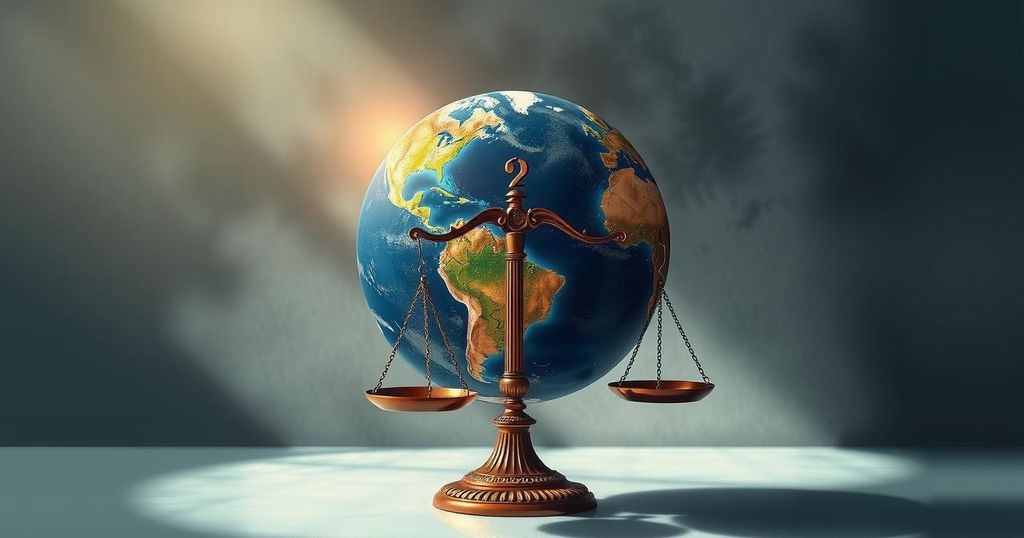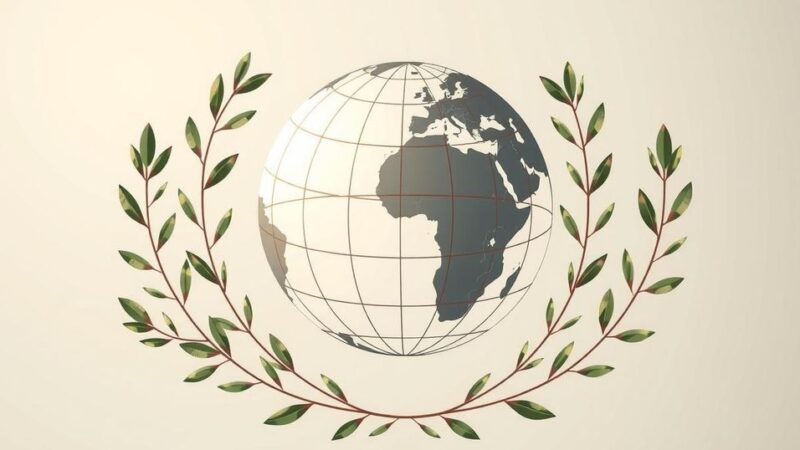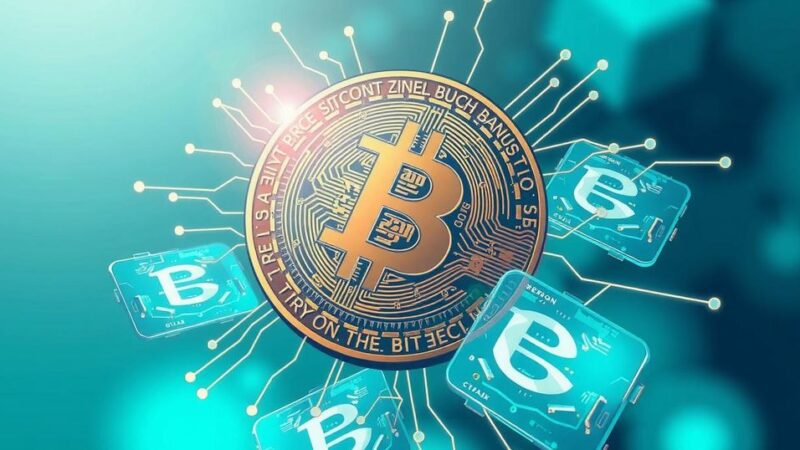At the Munich Security Conference, External Affairs Minister Dr. S. Jaishankar defended India’s democracy against claims of global democratic decline. He emphasized the effectiveness and high voter turnout in Indian elections, asserting that democracy translates into tangible benefits for citizens, including nutrition support for millions. He critiqued the Western perspective that often defines democracy as a Western characteristic, advocating for acknowledgment of successful democratic models from the Global South.
During the Munich Security Conference, External Affairs Minister Dr. S. Jaishankar expressed his contrasting view on the state of global democracy, highlighting India’s positive democratic experience. He participated in a panel discussion titled ‘Live to Vote Another Day: Fortifying Democratic Resilience’ alongside notable figures including Norway’s Prime Minister and US Senator Elissa Slotkin. Dr. Jaishankar defended democracy against claims of a global crisis, asserting that India’s electoral process demonstrates vitality with high voter turnout rates in both national and state elections.
Dr. Jaishankar proudly showcased his fingerprint mark from recent voting in India, emphasizing a significant upward trend in voter participation over the decades. He attributed the functionality of Indian democracy to its delivery of essential services and nutrition to millions, countering the notion that democracy does not translate to tangible benefits in society. He conveyed confidence that democracy is thriving within India, rebuffing pessimistic views of its global status.
Addressing Senator Slotkin’s comment that democracy does not help with basic needs, Dr. Jaishankar stated, “Actually, in my part of the world, it does… we give nutrition support to 800 million people.” He highlighted that various regions face contextual challenges, and therefore, perceptions about democracy’s viability vary widely across the globe. He urged for transparent discussions about the successes and shortcomings of democratic practices.
When queried about the aspirations of Global South nations concerning democracy, Dr. Jaishankar remarked on the uniqueness of each large nation while expressing hope that democracy remains a universal aspiration. He criticized the Western perspective that often views democracy as solely a Western construct, cautioning that such attitudes hinder support for democratic movements abroad. He noted India’s resilience in maintaining its democratic framework despite socio-economic obstacles.
Dr. Jaishankar concluded by advising the West to recognize and embrace successful democratic models outside its confines if it aims to promote democratic values universally. He reiterated that India’s enduring commitment to democracy distinguishes it among its neighbors, presenting a compelling case for a broader acceptance of diverse democratic practices on the global stage.
In summary, Dr. S. Jaishankar articulated a robust defense of India’s democracy while challenging the notion of a global democratic crisis. He emphasized the need for constructive dialogue about governance principles across different contexts, arguing for a greater understanding and support for non-Western democratic models. His remarks serve as an affirmation of India’s commitment to democratic values and a call for a more inclusive global conversation on democracy.
Original Source: www.ndtv.com






